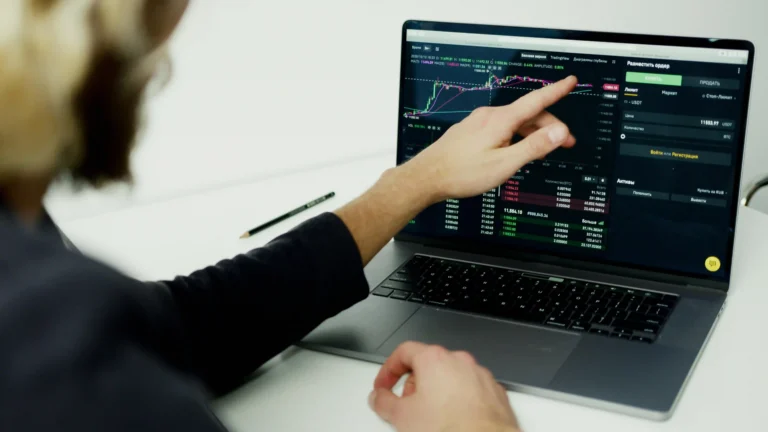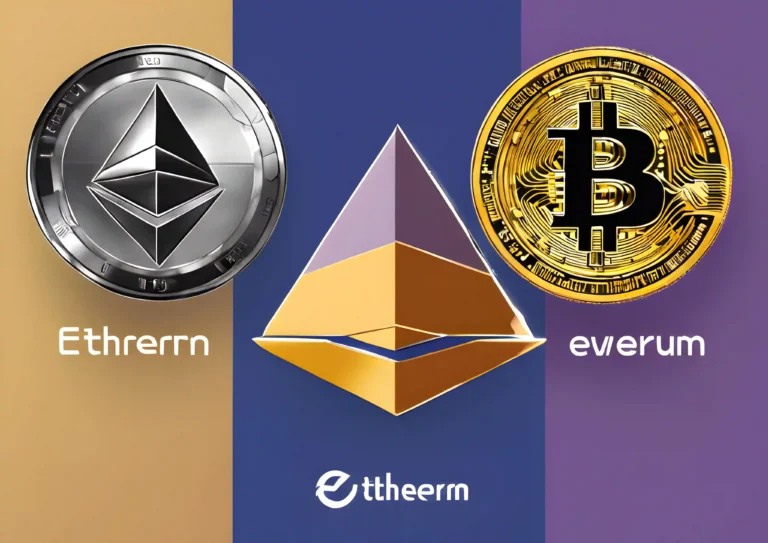
Buying stocks and exchange-traded funds (ETFs) is becoming increasingly accessible to individual investors in the European Union. Modern online brokers, regulated by EU legislation, allow private individuals to open investment accounts and purchase securities on stock markets. This article describes how the process typically works, what instruments are available, and what important factors to consider.

What Are Stocks and ETFs?
Stocks are equity securities representing ownership in a company. Shareholders may be entitled to dividends and can participate in shareholder voting.
ETFs (Exchange-Traded Funds) are investment funds that track an index, sector, or other asset. They trade on exchanges like regular stocks and are often used for portfolio diversification.
📍 Can a Private Individual Buy Stocks in the EU?
Yes, EU legislation permits private individuals to participate in the stock market. In most EU countries, buying and selling securities is available to residents with an active investment account opened through a licensed broker
📂 What You Need to Buy Stocks or ETFs
The process may vary depending on the country and broker, but it generally includes the following steps:
| Step | What’s Usually Required |
|---|---|
| 1. | Choose an EU-regulated broker (e.g., BaFin in Germany, AMF in France) |
| 2. | Open an investment account (online or through a bank) |
| 3. | Identity verification (KYC — Know Your Customer) |
| 4. | Fund the account in euros or another currency |
| 5. | Access the trading platform (via website or app) |
Some brokers offer demo accounts and educational materials.
🔍 Types of Brokers in the EU
Popular broker categories include:
- Online brokers — e.g., Degiro, Trade Republic, eToro, XTB
- Bank-affiliated brokers — investment platforms from major banks
- International platforms with EU licenses — e.g., Interactive Brokers Ireland
Functionality and fees may vary significantly: some offer simple interfaces and low fees, while others provide advanced tools for analysis and automated trading.
💶 What Fees Exist?
Before trading, it’s important to understand that EU brokers may charge:
- Trading commission (fixed or percentage-based)
- Custody fees for holding securities
- Withdrawal fees
- Currency conversion fees (for assets traded in USD, etc.)
Some brokers offer “commission-free” trading but may impose inactivity or account maintenance fees.
📈 How to Buy Stocks or ETFs
After opening and funding an account, investors can:
- Search for a stock or ETF by ticker (e.g., AAPL, VWCE)
- Specify the number of shares or purchase amount
- Choose an order type (market, limit, stop order, etc.)
- Confirm the transaction
Purchased securities appear in the user’s portfolio.
🌍 Available Markets and Assets
EU brokers typically provide access to:
| Region | Example Exchanges |
|---|---|
| Germany | XETRA |
| France | Euronext Paris |
| USA | NASDAQ, NYSE |
| UK | LSE |
| Pan-European ETFs | Luxembourg, Ireland |
Funds tracking global indices (MSCI World, S&P 500, Euro Stoxx 50, etc.) are also available.
⚖️ Regulation and Investor Protection
Investment activities in the EU are regulated under:
- MiFID II (Markets in Financial Instruments Directive)
- National regulators (BaFin, AMF, CNMV, etc.)
- Investor compensation schemes (up to €20,000 in some countries if a broker goes bankrupt)
Brokers must disclose risks and assess clients’ financial knowledge when opening accounts.
🧾 Tax Considerations
Income from stocks or ETFs is generally taxable in the investor’s country of residence. This may include
- Capital gains tax
- Dividend tax
- Transaction taxes (in some countries)
EU brokers may provide tax statements. Under CRS (Common Reporting Standard), account information may be shared with tax authorities.
📚 Education and Simulators
For beginners, the following are available:
- Demo accounts
- Broker-provided courses
- Stock market simulators (no real money)
These help users learn the platform and market mechanics before real trading.
❓ Frequently Asked Questions (FAQ)
Can I open an investment account without EU citizenship?
In some cases, yes—if you have an EU residence permit and a bank account. Conditions vary by broker.
What’s the minimum amount to start?
From €1 to several hundred, depending on the broker. Some ETFs allow fractional shares.
What’s safer: ETFs or stocks?
Both carry market risks. ETFs are diversified, while stocks are concentrated in one company.
Which ETFs are available in the EU?
Funds from providers like iShares, Xtrackers, and Amundi are often listed on EU exchanges.

⚠️ Conclusion
The information in this article is for educational purposes only. Access to EU stock markets depends on jurisdiction, broker policies, client status, and local laws. For investment decisions, consult licensed financial professionals.











